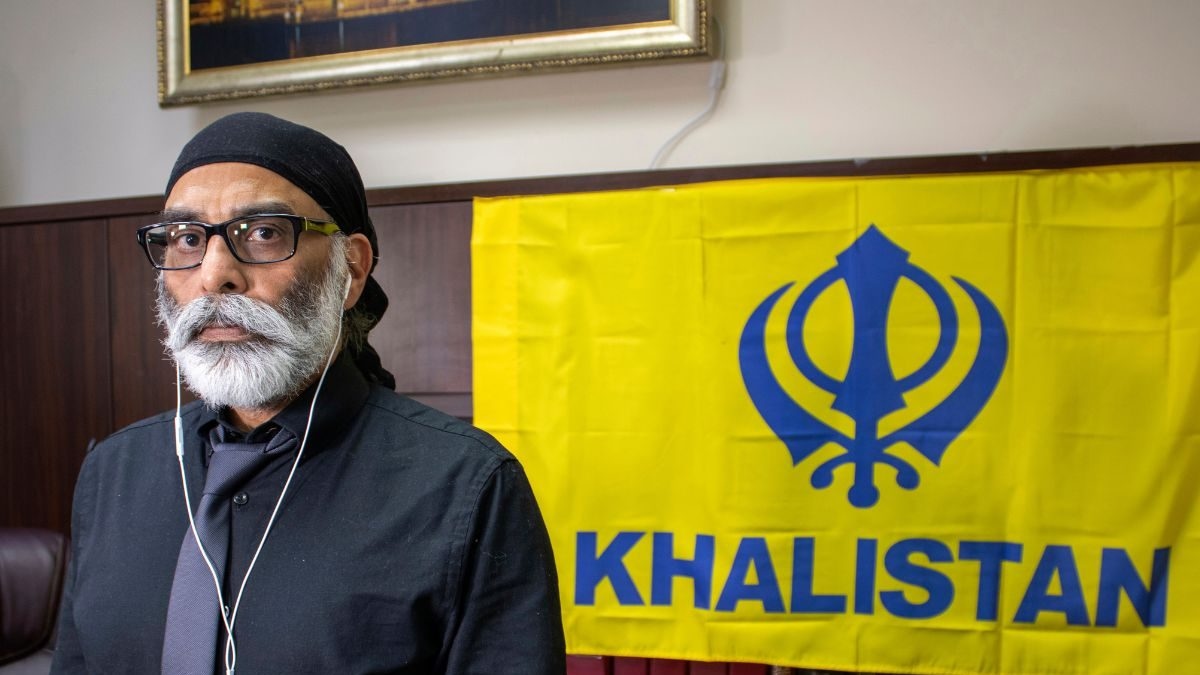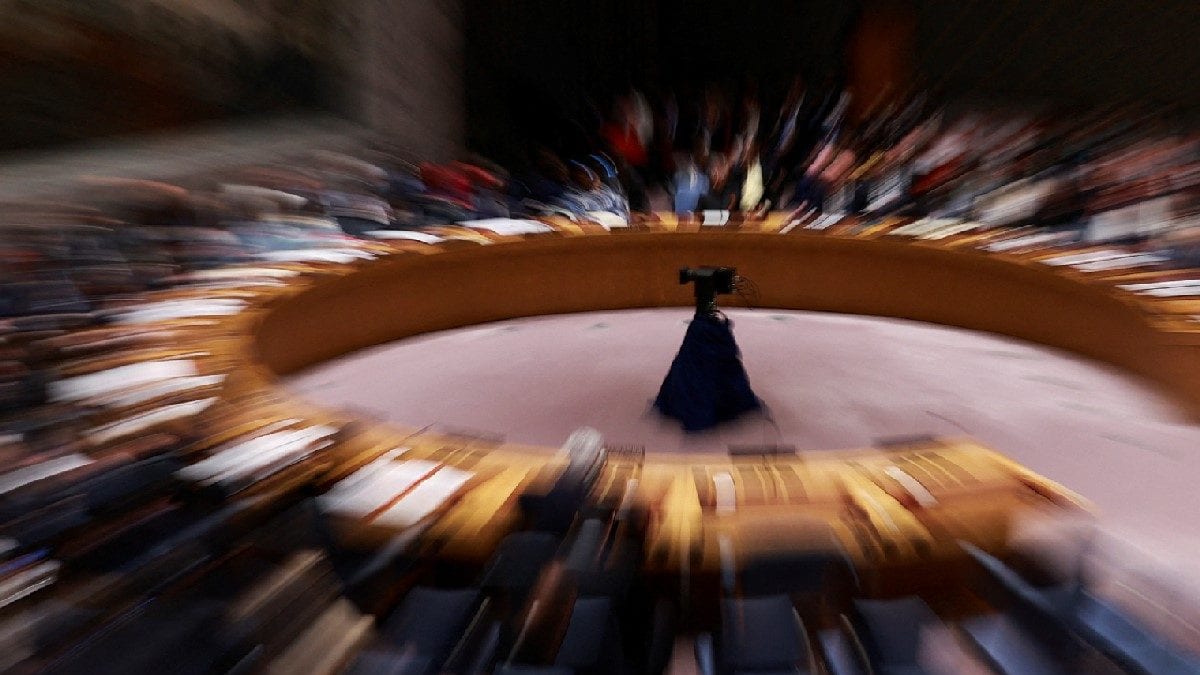Student leaders of the anti-quota agitation and part of the caretaker government met Chief Advisor Muhammad Yunus and proposed a dedicated cell to counter global media's "anti-Bangladesh narrative". One of the student advisers referred to two Indias, one which backed their stir and the other that was attacking them.

Bangladesh student leaders, including Nahid Islam (L) and Hasnat Abdullah, held a meeting with the Interim Government's Chief Advisor, Muhammad Yunus, on Tuesday. (File Images)
Amid reports of atrocities against minorities and the arrests of three Hindu monks in Bangladesh, the student leaders now in the government have doubled down on their anti-India stand. Nahid Islam, the information adviser to the caretaker government, has invoked two-Indias, and accused the "ruling elite" in India of playing divisive politics. After a meeting with chief advisor Muhammad Yunus, the student leaders announced the plan of setting up a media cell to counter the portrayal that Islamic fundamentalism was growing in Bangladesh after the fall of the Sheikh Hasina government on August 5.
The new narrative and proposal emerged after the leaders of the anti-discrimination student movement met with the Interim Government's Chief Advisor, Muhammad Yunus, on Tuesday. This meeting took place hours after Islamists in Chattogram issued threats, resulting in no lawyer stepping forward to represent Chinmoy Krishna Das, a Hindu monk and advocate for minority rights, who had been jailed on sedition charges.
After the meeting, the student leaders also said that they had demanded the disclosure of all agreements made with India by the Awami League government, reported Dhaka-based newspaper Prothom Alo.
HINDUTVA FORCES POLITICISING BANGLADESH INTERNAL MATTER: NAHID ISLAM
Coinciding with the meeting with Muhammad Yunus, adviser for Information and Broadcasting of Bangladesh Nahid Islam took to X to say that the Indian ruling elite and Hindutva forces were "engaging in divisive politics and anti-Bangladesh rhetoric".
On one hand, he lauded the solidarity shown by "democracy-loving" Indian students from Kolkata and Delhi, who protested against Sheikh Hasina's alleged atrocities and supported Bangladesh's "uprising and awakening".
"Bangladesh shares historical and cultural ties with West Bengal, Tripura, and Assam; they are our stakeholders," he wrote on X.
On the other, Nahid criticised India's ruling elite and Hindutva forces for engaging in "divisive politics and fostering anti-Bangladesh rhetoric".
He alleged Delhi was "attempting to rehabilitate the fascist Awami League" and disrupt Bangladesh's democratic and nation-rebuilding process, through a "minority persecution narrative".
Nahid Islam's remarks certainly show that he cleverly tried to categorise Indians into two segments.
Just hours earlier, no lawyer dared to assist Hindu monk Chinmoy Krishna Das in securing bail, as videos circulated of lawyers threatening public thrashings for anyone who defended him.
Nahid had earlier posted on X, terming the killing of a lawyer on Chattogram court premises the handiwork of "communal terrorists". The killing took place even as supporters of Das tried to block his prison van.
Nahid alleged that Das was trying to "create communal division through false and provocative statements at various gatherings". "Bangladesh government will, through due legal process, ensure the highest level of justice for the subversive Hindutva terrorists," Nahid warned
Das, in fact, was fighting to secure rights for minority communities, including Hindus, through peaceful rallies.
A week after the fall of the Hasina government, human rights body Amnesty asked the Interim government to take immediate actions to protect Hindu and other minority communities.
ANTI-PROPAGANDA CELL PROPOSED
Amid reports of attacks on minorities and their properties, especially Hindus, and the world media reporting on the rise of Islamic fundamentalism in Bangladesh, the student leaders said they discussed with Yunus the setting up of a dedicated media "cell" to combat "misinformation".
Speaking to the media on Tuesday, another student leader, Hasnat Abdullah, said that they had discussed with Chief Advisor Muhammad Yunus the need for greater publicity in international forums and the formation of a 'cell' to counter propaganda, according to a Prothom Alo report.
Rejecting the reports of a rise in Islamic fundamentalism in Bangladesh, Abdullah even said that communal harmony was the legacy of Bangladesh.
However, a Transparancy Bangladesh (TIB) report analysing the actions and missteps of Bangladesh's interim government has exposed the regime led by Chief Advisor Muhammad Yunus, highlighting that "religious and ethnic minorities, and marginalised communities" became the "victims of violence" during the first 100 days of the army-backed administration.
While Indian Prime Minister Narendra Modi and US President-elect Donald Trump condemned the attacks on Hindus and emphasised the need to protect them, Bangladesh responded by cracking down on individuals like Chinmoy Krishna Das, who was on Tuesday denied legal representation in a court of justice overtaken by Islamists.
Published By:
Sushim Mukul
Published On:
Dec 4, 2024

 14 hours ago
14 hours ago


















